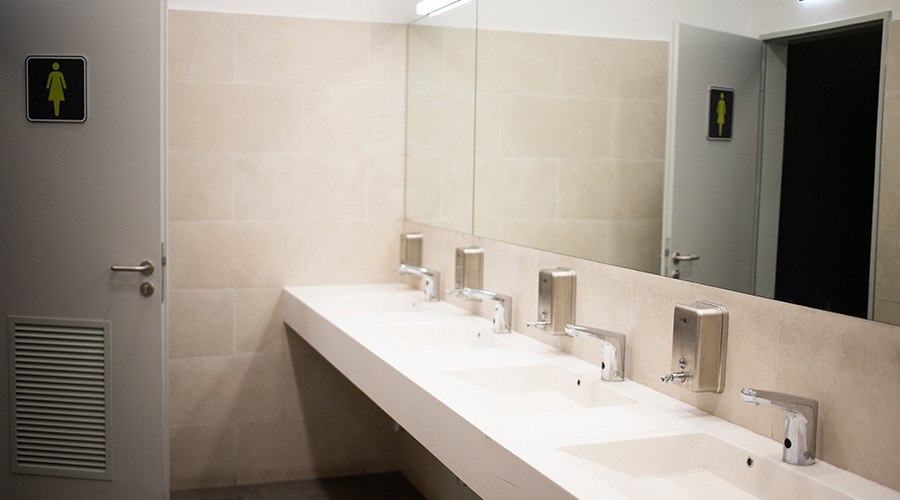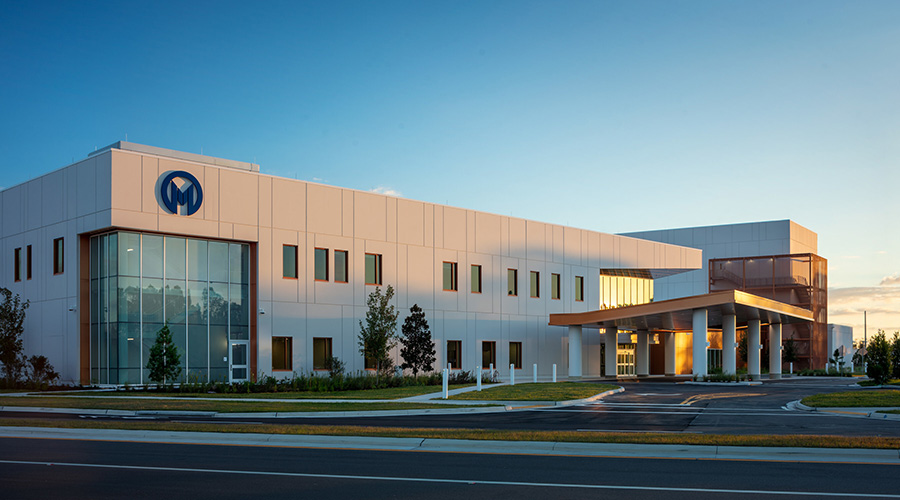Ransomware and other cyber attacks have been skyrocketing among healthcare organizations. Researchers recently found that 239.4 million attempted attacks targeted healthcare alone in 2020 as attackers seek patients’ personal and financial data stored by healthcare organizations.
Now, some privacy experts are raising concerns about Truveta, a new big data collaborative research effort involving 14 U.S. healthcare providers, according to GovInfoSecurity. The providers plan to share de-identified data on tens of millions of patients in an effort to advance personalized medicine through the development of an artificial intelligence and machine learning-based platform.
"Through structuring, normalizing, and de-identifying data from these health providers, a new data platform will be built, with careful protection of patient privacy and security," according to Truveta's launch statement.
De-identifying data doesn't necessarily eliminate privacy risks, says privacy attorney David Holtzman of the consultancy HITprivacy LLC. What kind of patient data will be shared by Truveta's member organizations, and how will that get de-identified?
"The Truveta platform will structure and normalize a wide range of data across structured and unstructured data types to unlock the power of de-identified data across all diagnoses and demographics," the spokeswoman says.
Truveta also provides the software for de-identification to each healthcare provider. "Before data is integrated into the Truveta data platform, it is de-identified," she adds.
Click here to read the article.

 What Lies Ahead for Healthcare Facilities Managers
What Lies Ahead for Healthcare Facilities Managers What's in the Future for Healthcare Restrooms?
What's in the Future for Healthcare Restrooms? Hammes Completes the Moffit Speros Outpatient Center
Hammes Completes the Moffit Speros Outpatient Center The Top Three Pathogens to Worry About in 2026
The Top Three Pathogens to Worry About in 2026 Blackbird Health Opens New Pediatric Mental Health Clinic in Virginia
Blackbird Health Opens New Pediatric Mental Health Clinic in Virginia